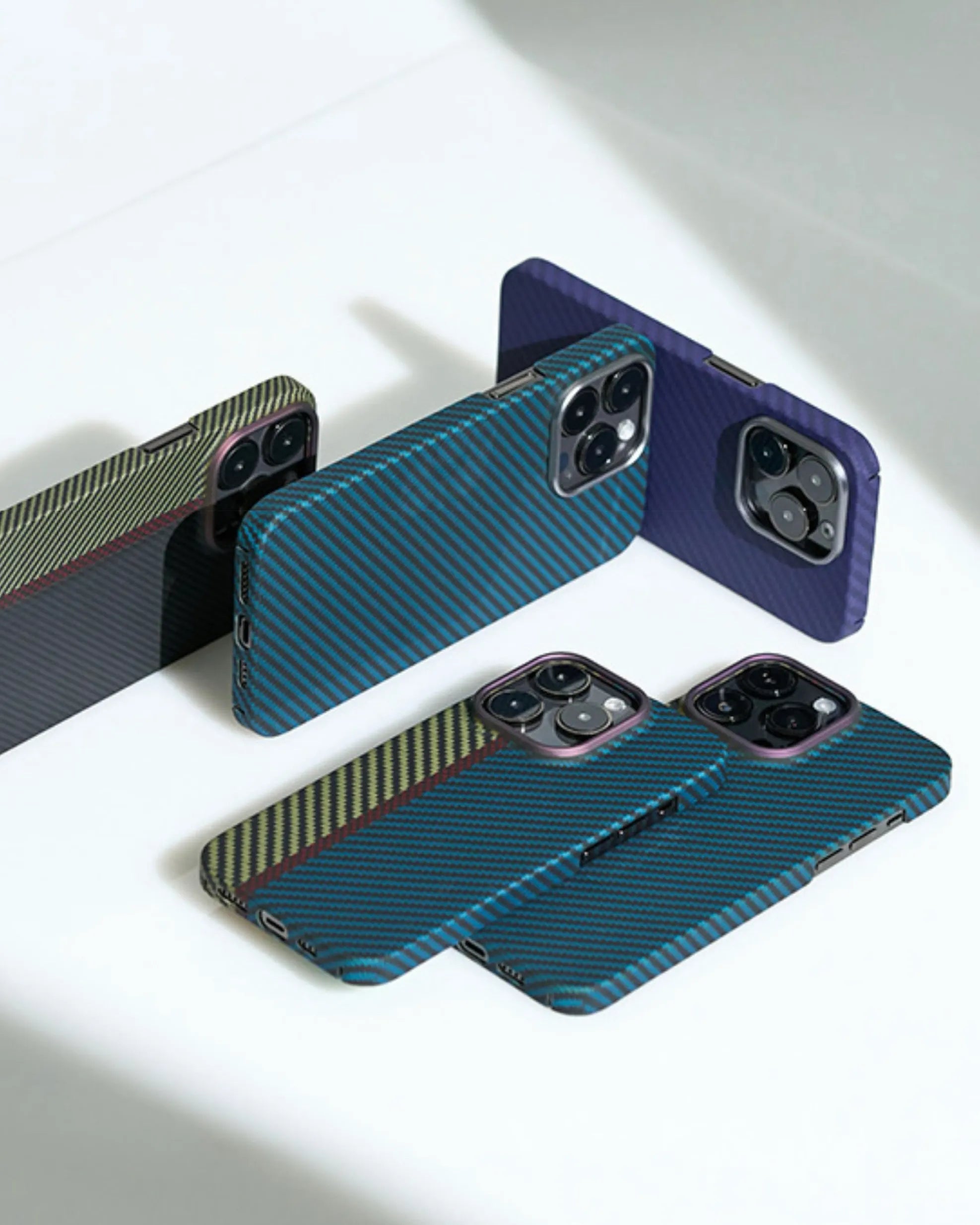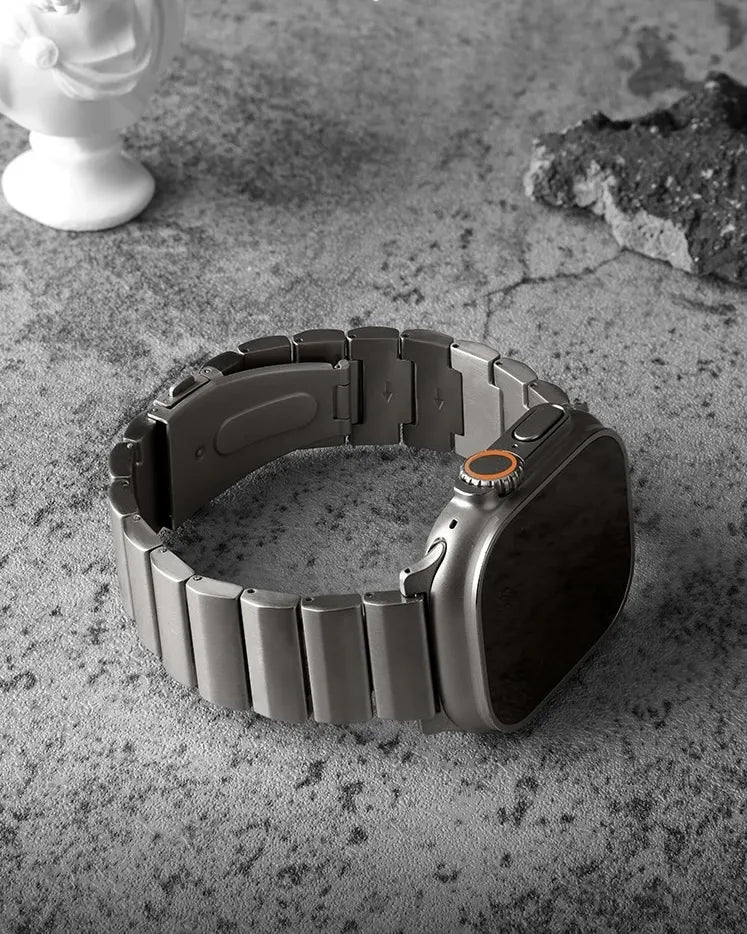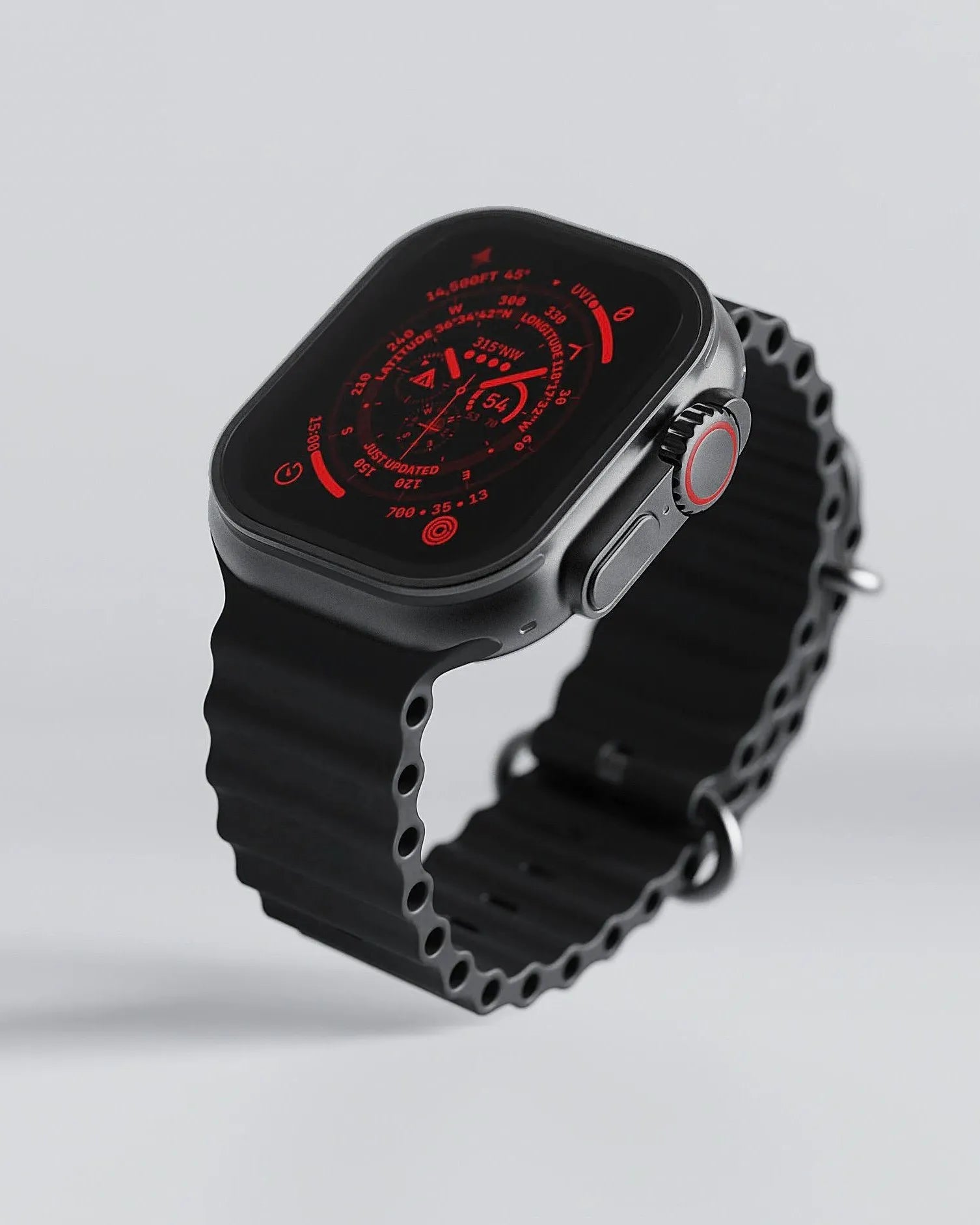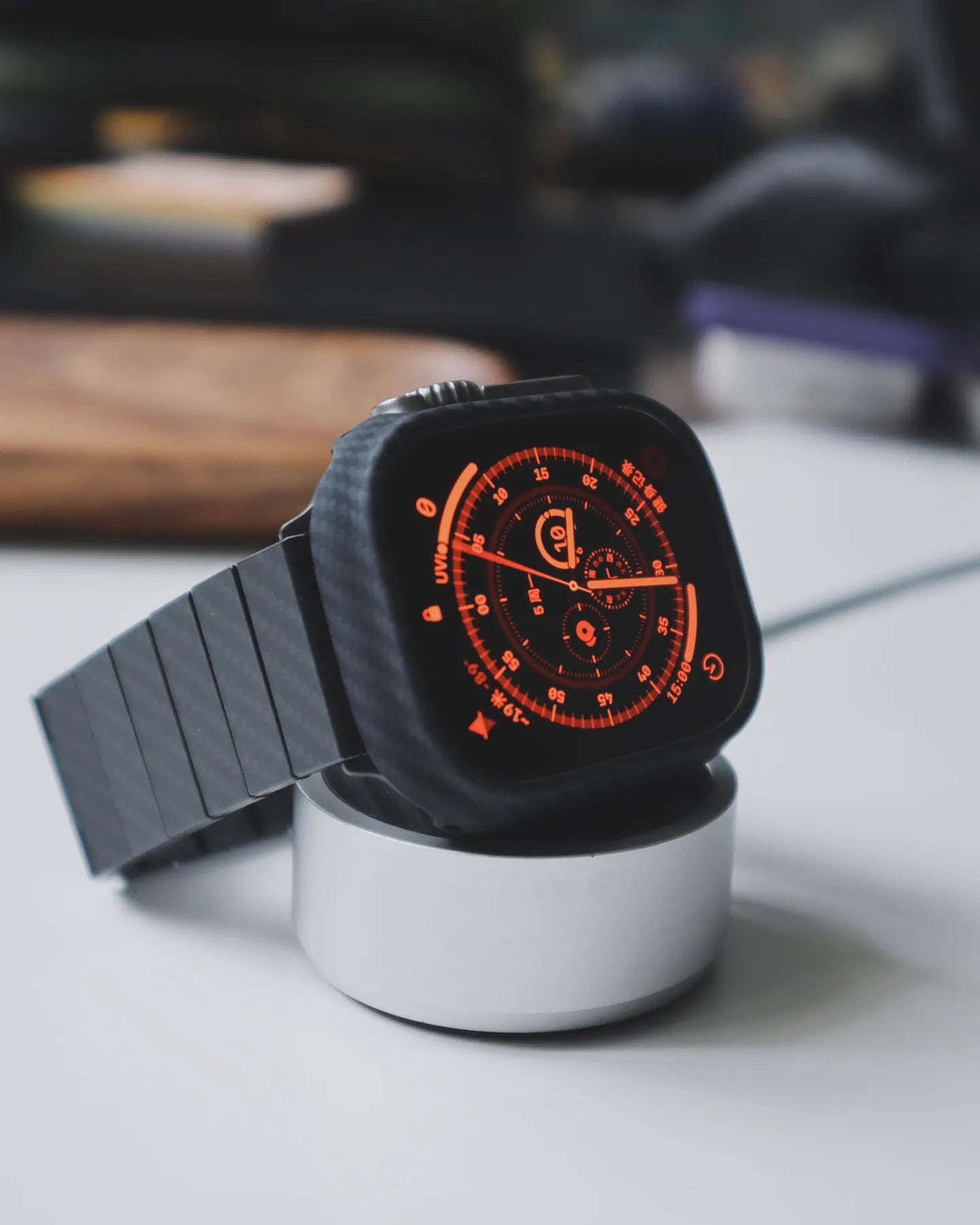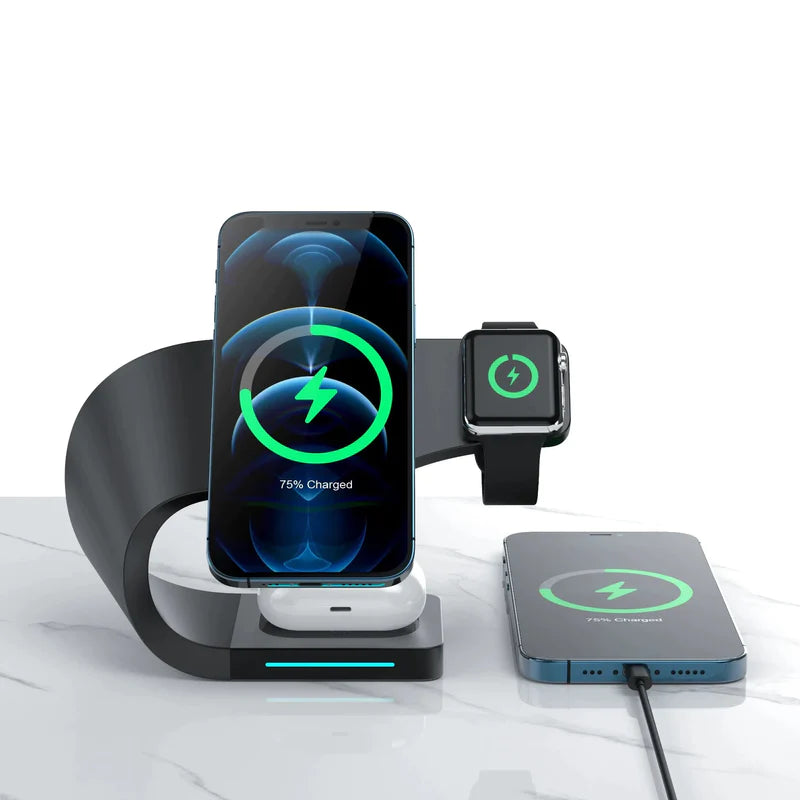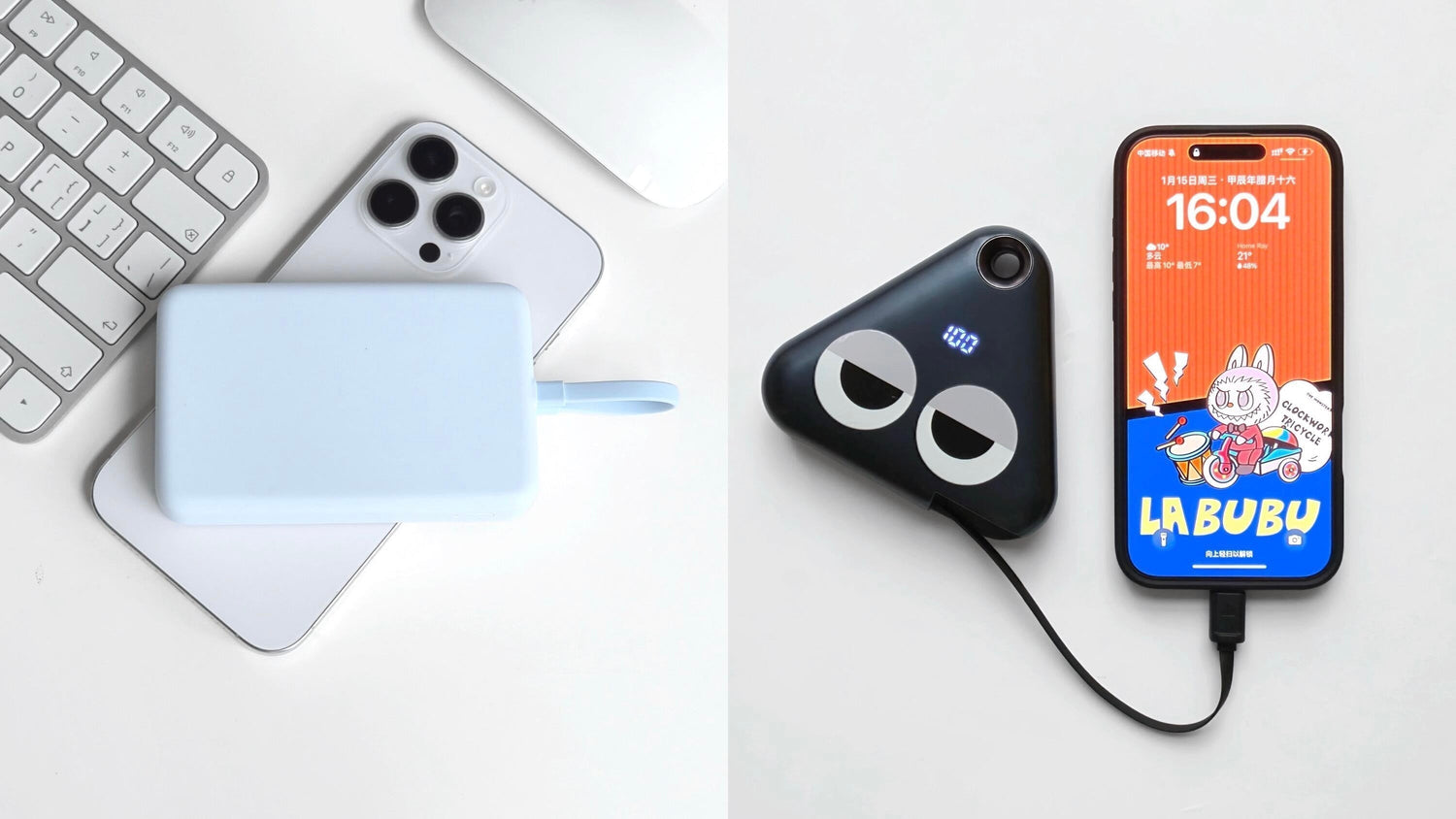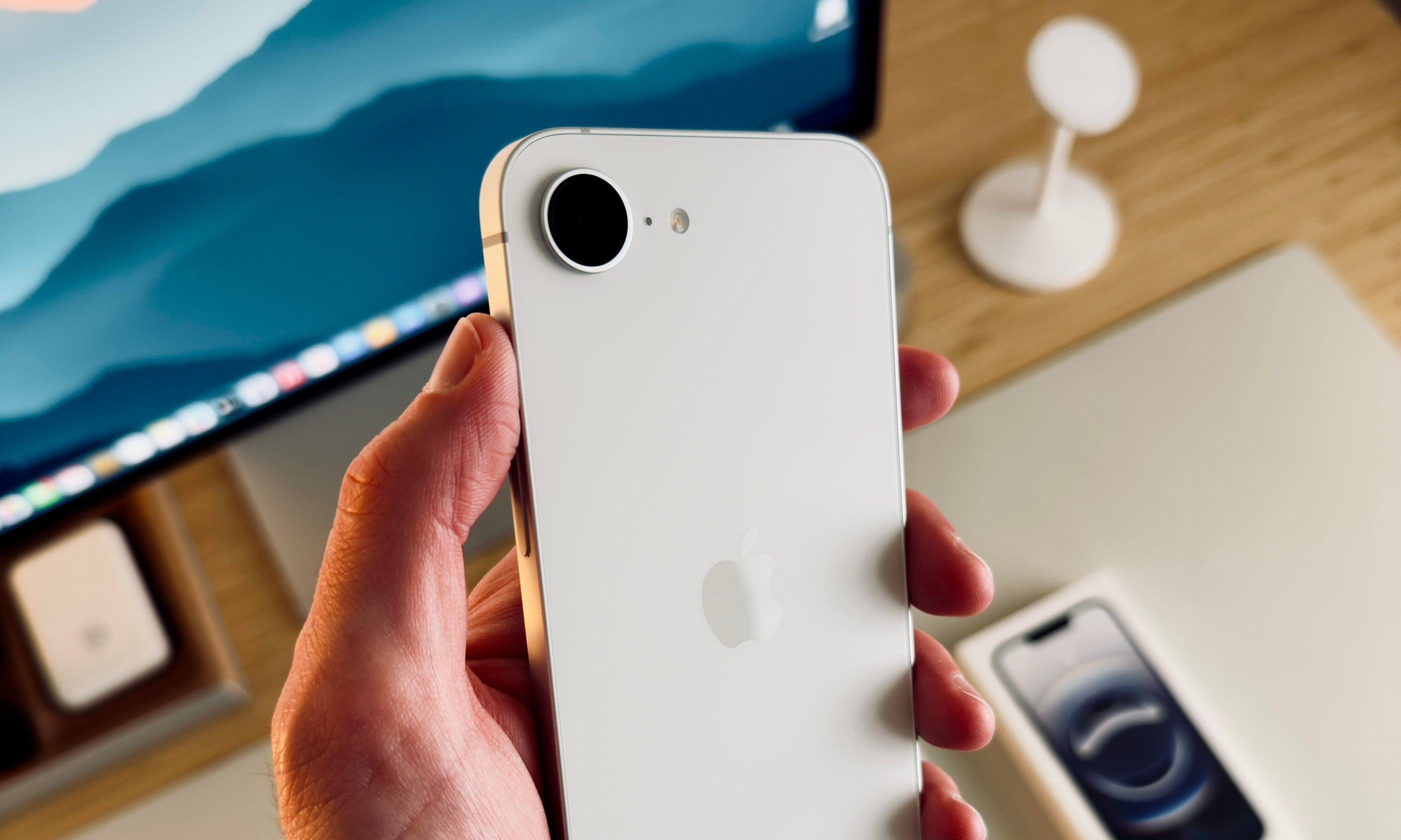There’s nothing more frustrating than plugging in your iPhone, expecting it to juice up fast—only to find it crawling at a snail’s pace. Whether you're in a rush or just want your phone ready for the day, a slow-charging iPhone can be seriously annoying. If you’ve been wondering “Why is my iPhone charging so slowly?”, don’t worry. You’re not alone, and there are plenty of solutions.
Here are 8 common reasons your iPhone may be charging slowly—and what you can do to fix it.
1. Using a Low-Power Adapter or Cable
One of the most common culprits is a low-wattage charging adapter. The little 5W charger that used to come with older iPhones just can’t keep up with today’s battery demands.
Fix: Use a 20W or higher USB-C power adapter with a Lightning to USB-C cable. Apple recommends this combo for fast iPhone charging.
2. Your iPhone Is Too Hot or Too Cold
Temperature matters more than you think. If your iPhone gets too hot (like on a car dashboard) or too cold, battery performance and charging speed drop significantly.
Fix: Always charge your iPhone at room temperature, ideally between 32°F and 95°F (0° to 35°C). If your phone feels hot, unplug it and let it cool down before charging.
3. Background Apps and Features Are Draining Power
If you’re charging while running multiple apps—especially heavy ones like games or GPS—the phone might be using up power faster than it charges.
Fix: Close unnecessary apps, and turn on Airplane Mode while charging for a noticeable speed boost.
4. Dirty or Damaged Charging Port
Lint, dust, or debris in your Lightning port can block the connection and slow down or interrupt charging.
Fix: Use a toothpick or soft brush to clean out the port gently. Avoid metal tools to prevent damage.
5. Outdated iOS Software
Bugs in iOS can occasionally interfere with charging performance.
Fix: Go to Settings > General > Software Update to check if your phone is running the latest version of iOS. Installing updates can solve charging-related glitches.
6. Your Charging Cable or Adapter Is Worn Out
Cheap or old accessories can be unreliable—even if they seem fine on the outside.
Fix: Try using a different cable and adapter. Stick to Apple-certified (MFi) accessories for the best results.
7. Battery Health Is Poor
If your iPhone is a few years old, the battery may be degraded. Poor battery health can lead to slower and less efficient charging.
Fix: Check battery health by going to Settings > Battery > Battery Health & Charging. If it’s below 80%, consider a battery replacement.

8. Optimized Battery Charging Is Enabled
While this is a great feature to extend battery life, it can intentionally slow down charging, especially overnight.
Fix: You can temporarily turn it off via Settings > Battery > Charging > Optimized Battery Charging.

Final Thoughts
A slow-charging iPhone doesn’t always mean something is broken—it just needs a little attention. Whether it's cleaning your port, upgrading your charger, or turning off background apps, the solutions are often simple.
If you want to protect your iPhone while charging, check out our collection of durable iPhone cases that are MagSafe-compatible and heat-dissipating—perfect for long, safe charging sessions.
Q&A – Slow Charging iPhone: Common Questions Answered
Q: Why does my iPhone charge fast at first, then slow down?
A: This is normal. iPhones often charge quickly to about 80%, then slow down to protect battery health. It’s part of Apple’s charging optimization.
Q: Will using my iPhone while charging slow it down?
A: Yes. Especially if you're using high-power apps like games or video streaming. Try to keep usage minimal while charging.
Q: Can I use my iPad charger for faster iPhone charging?
A: Yes! If it’s a higher wattage USB-C charger (like 20W+), it’s safe and effective for fast iPhone charging.
Q: Do silicone or rugged cases affect iPhone charging speed?
A: Not directly—but some bulky or non-MagSafe-compatible cases might interfere with wireless charging. Our store offers optimized cases that ensure seamless charging.

